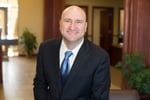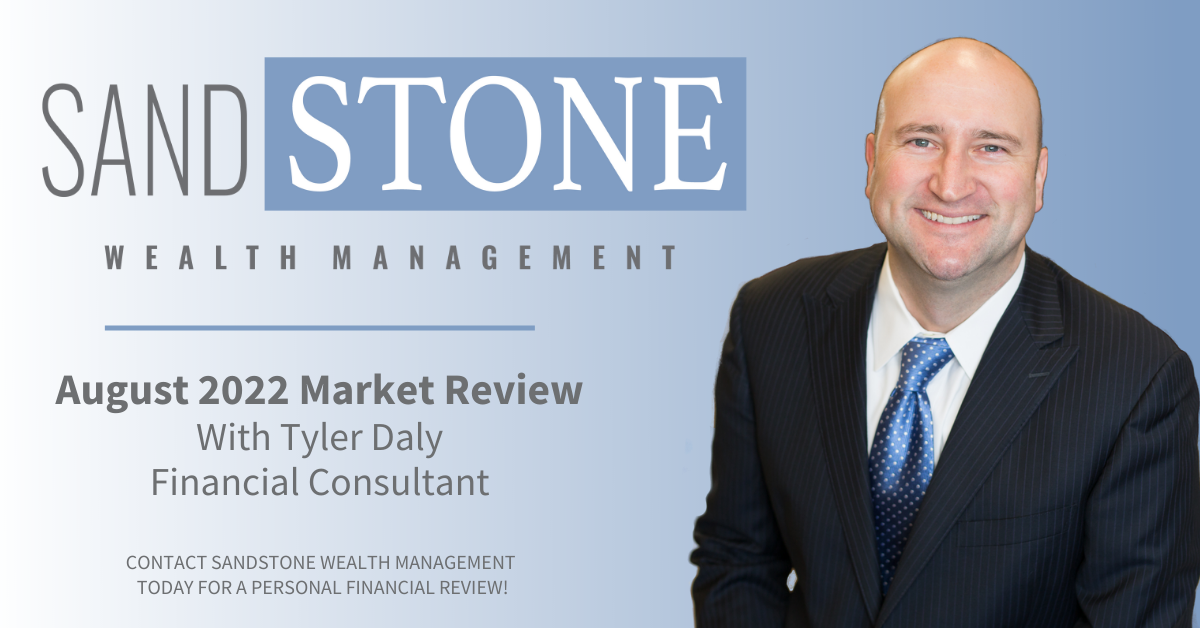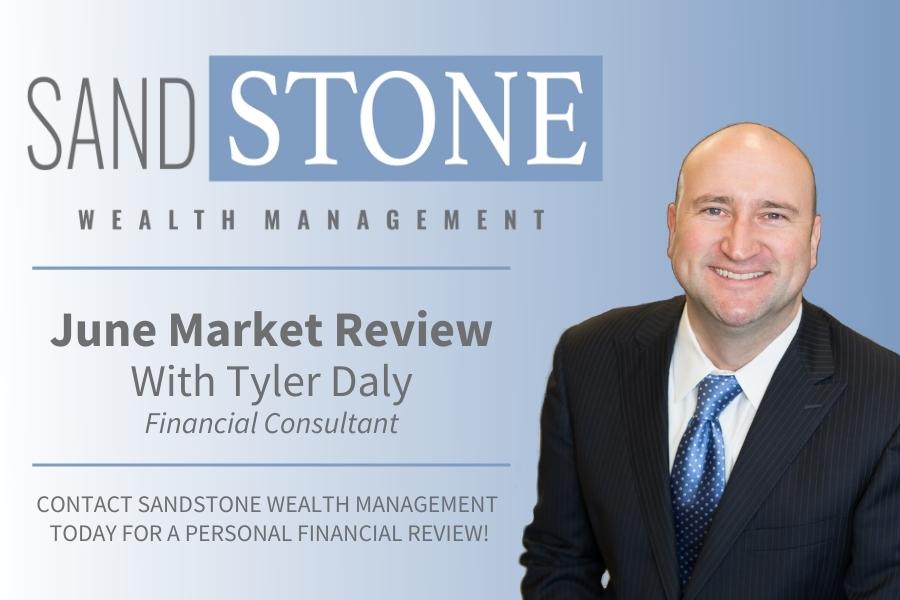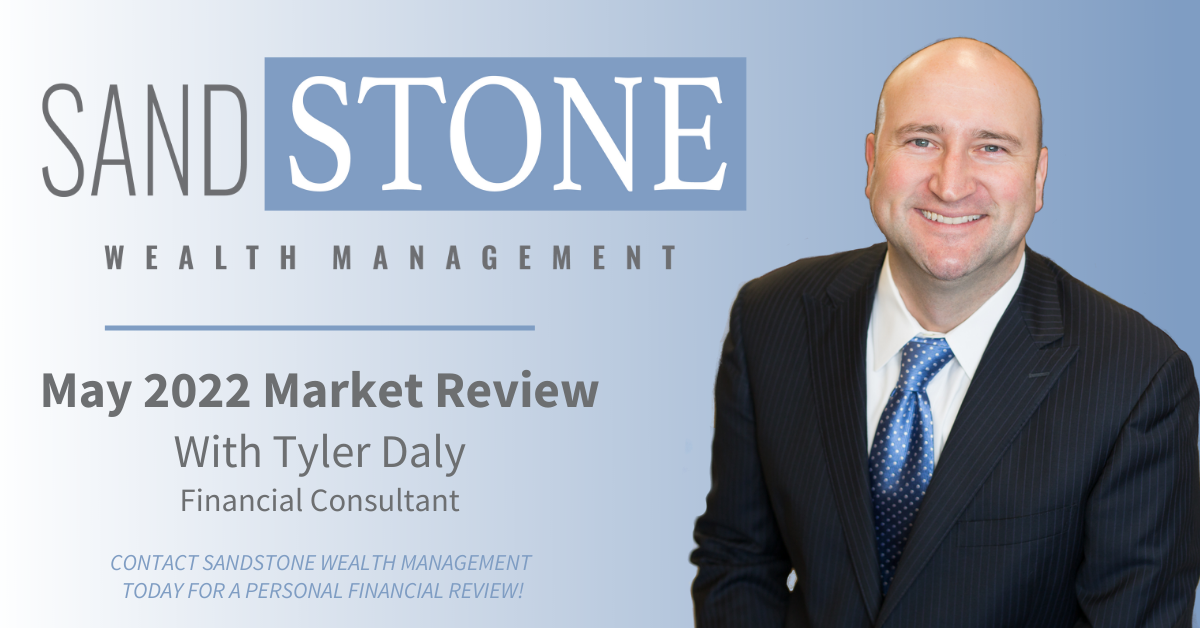
The end of 2017 brings to a close one of the best years for global equity markets in nearly a decade. The S&P 500 set repeated records and gained a whopping 19.42% for the year, only to be outperformed slightly by international developed markets and emerging markets. Overall, large caps outperformed small, and growth outperformed value.
Looking to 2018, the equity markets remain bullish, according to Raymond James Senior Research Associate Andrew Adams, with any early year weakness representing the first real buying opportunity since before the 2016 U.S. presidential election.
Despite a rising interest rate environment in the United States, core fixed income also posted a positive return for the year, taking in stride three increases in the federal funds rate that raised the target range to 1.25% to 1.50%.
The positive returns produced across major asset classes, as reflected in the chart below, made 2017 a good year to be an investor.
| 12/30/16 Close | 12/29/17 Close | Change | Gain/Loss | |
|---|---|---|---|---|
| DJIA | 19,762.60 | 24,719.22 | +4,956.62 | +25.08% |
| NADSAQ | 5,383.13 | 6,903.39 | +1,520.26 | +28.24% |
| S&P 500 | 2,238.83 | 2,673.61 | +434.78 | +19.42% |
| MSCI EAFE | 1,684.00 | 2,050.79 | +336.79 | +21.78% |
| Russell 2000 | 1,357.13 | 1,535.51 | +178.38 | +13.14% |
| Bloomberg Barclays Aggregate Bond |
1,976.37 | 2,046.37 | +70.00 | +3.54% |
Performance reflects price returns as of 4:30 EDT on Dec. 29, 2017.
Here is a look at what’s happening in the economy and capital markets, as well as key factors we are watching:
Economy
- Late additions to the tax law passed in late December, which reduced corporate taxes, among other things, should add a little growth to the GDP in 2018. The law is less likely, however, to produce long-term growth, according to Chief Economist Scott Brown.
- Economic growth will face headwinds from a tight job market and slow labor force growth, but an increase in wages over time could lead labor to become more efficient.
- The Federal Reserve’s transition in leadership early in 2018 is expected to be smooth. The outlook for monetary policy, however, could become cloudy in the second half of the year, when policy errors could carry greater risks.
- We believe the Fed will maintain its gradual and data-driven approach to raising interest rates, with the expectation of two increases to the federal funds rate for 2018. Depending on the data, however, the Fed could opt for more or fewer increases.
Equities
- Conditions support a positive outlook for 2018: improving global economies and corporate earnings, as well as stable inflation levels and interest rates, according to Asset Management Services Chief Portfolio Strategist Nick Lacy.
- "If you look at the pillars of support, and if you back that up with technical support, you can’t come up with any case where this market is going to roll over any time soon,” Director of Equity Portfolio & Technical Strategy Mike Gibbs said.
- Energy stocks mostly lagged oil prices in 2017, but Senior Vice President of Equity Research Pavel Molchanov expects it to reverse in 2018; he envisions upside for both, with the equities outperforming the commodity.
- Typically, investors will experience three bull markets in their lifetimes, Chief Investment Strategist Jeff Saut reminds us. Consider whether the current one presents an opportunity for you to accumulate wealth.
International
- Despite German Chancellor Angela Merkel’s inability to yet form a new majority government, European optimism rose to multi-year highs during December, helped by economic growth uplifts and an improving tone to the Brexit debate talks, which have moved to a second, more detailed stage.
- The Chinese economy and its currency, the yuan, were surprisingly resilient during 2017, and the announcement of a new round of anticorruption initiatives to accompany ongoing economic reform measures continues to show leadership’s commitment to change.
- While emerging market assets pulled back somewhat during December, overall it was a positive year. Further progress can be made in 2018 if global trade markets remain fluid and the dollar does not bounce aggressively, according to European Strategist Chris Bailey.
Fixed Income
- The outlook for U.S. fixed income remains obscured by economic and political uncertainty, according to Senior Fixed Income Strategist Doug Drabik.
- Among the forces at play will be tax legislation, Federal Reserve personnel changes, the global economy and central bank policy.
- Though challenged to contribute to total return in a rising interest rate environment, fixed income plays an important diversification role for its ability to mitigate the risk of equities.
Bottom Line
- Looking to 2018, the equity markets remain bullish, with any volatility representing the first real buying opportunity for more than a year.
- The 2018 outlook for fixed income markets is uncertain, with economic and political factors likely to play key roles in the coming months.
- As we head into a new year, we will continue to monitor economic developments and breaking headline news, and will keep you updated with the most relevant information.
Sincerely,
Tyler Daly
Financial Advisor
Raymond James Financial Services, Inc.
*Investing involves risk, and investors may incur a profit or a loss. Past performance is not an indication of future results and there is no assurance that any of the forecasts mentioned will occur. Investors cannot invest directly in an index. The Dow Jones Industrial Average is an unmanaged index of 30 widely held stocks. The NASDAQ Composite Index is an unmanaged index of all common stocks listed on the NASDAQ National Stock Market. The S&P 500 is an unmanaged index of 500 widely held stocks. The MSCI EAFE (Europe, Australia, Far East) index is an unmanaged index that is generally considered representative of the international stock market. International investing involves additional risks such as currency fluctuations, differing financial accounting standards, and possible political and economic instability. These risks are greater in emerging markets. The performance noted does not include fees or charges, which would reduce an investor's returns.
©2018 Raymond James Financial Services, Inc., member FINRA/SIPC. Securities offered through Raymond James Financial Services, Inc., member FINRA/SIPC, and are not insured by any financial institution insurance, the FDIC/NCUA or any other government agency, are not deposits or obligations of the financial institution, are not guaranteed by the financial institution, and are subject to risks, including the possible loss of principal. Raymond James is not affiliated with the financial institution or the investment center.

Tyler has been in the financial services industry since 2004 and with Sandstone Wealth Management and Heartland Bank since 2009. He is Series 7, 66 and Insurance licensed to assist his clients with all their investing, financial planning, and insurance needs. Tyler was recently named to the Forbes List of America's Top Next-Generation Wealth Advisor, which recognizes advisors from national, regional, and independent firms. Tyler graduated from the University of Nebraska-Lincoln with a Bachelor’s Degree in Diversified Agriculture and was born and raised in the Nebraska Sandhills. This gives him an intimate knowledge and understanding of his farming and ranching clients. Tyler is married to Rachel, who earned her Doctorate of Pharmacy from the University of Nebraska. They have two children, Camilla and Cooper. Away from business, he enjoys officiating high school basketball in the winter as well as golfing and team roping in the summer.



.png)

.jpg)

.jpg)

.png)



